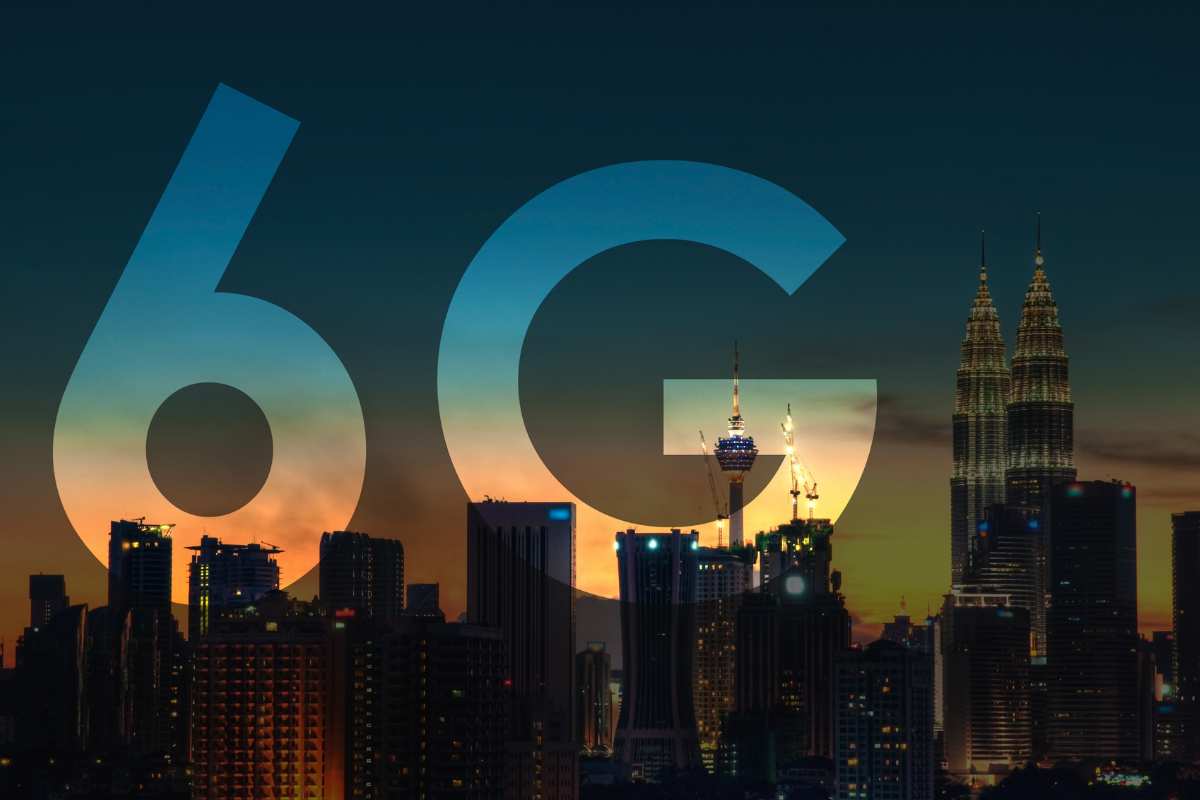
Telecom operators are upset that the Department of Telecommunications (DoT) has left them out of several of the main task force groups on 6G, formulated to conduct research and development, pre-standardisation, and market readiness for the latest telecom technology. On December 30, the Department of Telecommunications established six task teams within the technical innovation group on 6G to concentrate on various technology areas.
Three task force groups are led by IIT professors, among which one is chaired by Member Technology (DoT), another by the chairman of TSDSI, and the third by an IISc Bangalore professor. Members of academia, equipment manufacturers, software and hardware firms comprise various groups, although no telecom operator is represented in any of the six. A representative from the Cellular Operators Alliance of India (COAI), an association of telecom operators, was present in the groups.
According to a telecom sector executive, including a COAI representative is insufficient because carriers want to make specific remarks on particular problems. For example, the task force on multi-platform next-generation networks, chaired by IIT Madras professor Bhaskar Ramamurthi, will focus on network elements for multi-platform networks and drone communications LEO (low earth orbit) satellite overlay, among other things.
The spectrum policy task force, led by an IIT Kanpur professor, will recommend secondary spectrum use options, consider new spectrum ownership and sharing models that enable flexible spectrum allocation, and consider the spectrum requirements of emerging coverage solutions such as satellites drones, and crewless aerial vehicles. The telecom sector is divided into some of these topics, and the COAI delegate may not be able to represent all of them. Operators like to express their opinions individually in such situations.
Telecoms are Critical Stakeholders of Telecom Technology
Furthermore, telecom operators believe that they are the most critical stakeholders in telecom technology and should be involved in any group working on 6G. Previously, during the consultation process on establishing spectrum policy for the next 10-years, the Department of Telecommunications had not invited telecom operators, despite the fact that technology firms such as Google, Facebook, Apple, and others were present.
The telecoms, on the other hand, presented their opinions later. Telecom companies are most concerned about spectrum because they believe that if handled administratively or delicensed, technology firms will supply communication services, upsetting the level-playing field.















